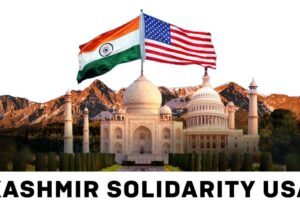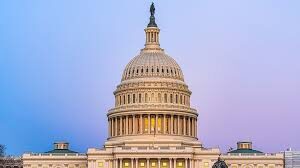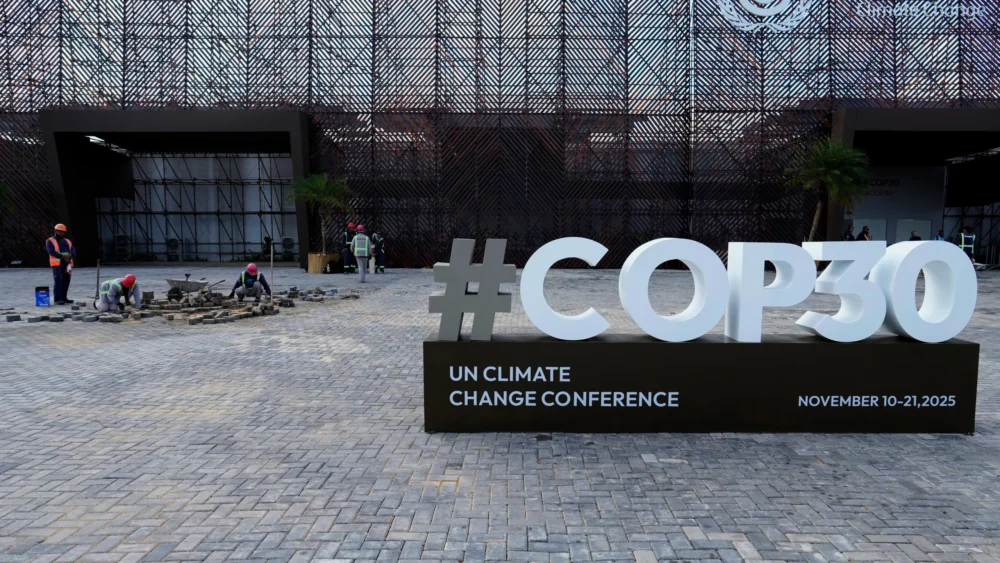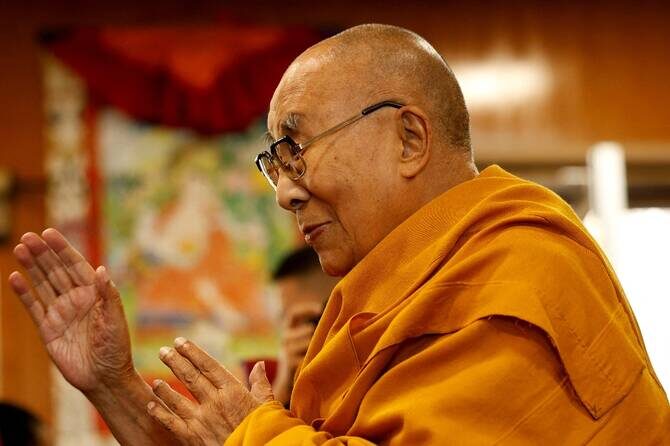At this year’s COP30 United Nations Climate Change Conference in Belém, Brazil, optimism is on the rise for lasting change in the pursuit of climate justice. Leading voices such as Binaifer Nowrojee, president of the Open Society Foundations (OSF), have recognized Brazil’s government for its revitalized climate strategies—moves that place the well-being of people and protection of nature at the core of global negotiations.
Nowrojee, a seasoned human rights lawyer with more than thirty years’ experience working in volatile political environments, commended Brazil for hosting COP30 in a thriving democracy and for amplifying the voices of indigenous and Afro-descendant communities. She described COP events as running distinctly differently in democratic contexts, where participation and inclusion send powerful messages to those fighting for land, resources, and human dignity.
OSF, as the world’s largest private human rights funder, works globally to drive change at the intersection of climate, equity, and justice. Nowrojee emphasized that their efforts include not only championing climate objectives, but also supporting reforms that revitalize democracies and foster resilient economies. In Brazil, the impact of holding COP30 is especially significant given the country’s history of social mobilization, environmental activism, and leadership in indigenous rights advocacy.
A changing world order, Nowrojee argued, creates both uncertainty and opportunities. While she observed that the absence of U.S. representatives at COP30 is symbolic, she believes it allows the global South to assert itself and speak more openly. Countries from these regions, she noted, are not compelled to dilute their climate commitments in the name of compromise, enabling the emergence of bold new ideas that link environmental protection to human rights.
A particularly grave concern is violence against environmental defenders, especially in Latin America. Land and environmental activists face unprecedented dangers—over 146 were killed or disappeared worldwide in 2024 alone, with Colombia suffering the largest toll for the third consecutive year. Indigenous people are acutely affected, accounting for nearly a third of these deaths despite forming only a small fraction of the global population. Nowrojee stressed that environmental defenders worldwide face immense risks, underscoring the critical intersection of climate policy and basic human rights.
In response, Latin America has enacted the Escazú Agreement, a groundbreaking regional treaty that protects the rights of environmental defenders and guarantees public participation in environmental decisions. OSF has stood behind this effort, recently announcing a $19.5 million investment to boost environmental justice and promote equitable economic growth in the region. The Escazú Agreement offers measures for information access, participatory dialogue, and justice for those impacted by climate policies—unique provisions that make it a model for other regions.
For Nowrojee, effective leadership transcends government—it can arise from civil society, grassroots organizations, and everyday citizens. She pointed to inspiring activism among youth in countries like Kenya, Senegal, Bangladesh, and Nepal, where young people demand democracy and new paths to prosperity despite never having experienced full democratic governance. She described emerging coalitions, including the BRICS nations and activist religious institutions such as the Vatican, as crucial new actors shaping a multipolar world with fresh approaches to debt, development, and social justice.
Philanthropy, Nowrojee argued, has an essential yet experimental role in this period of upheaval. As traditional global structures fray, philanthropic initiatives provide risk capital that enables new concepts, ideas, and models to be tested and refined. Failures are possible, but successful innovations offer a blueprint for broader change in government and industry.
The ongoing transformation of the global order, Nowrojee asserts, does not mean that multilateral cooperation is crumbling. Rather, existing institutions are being adapted as new arrangements emerge, encouraging collaborative problem-solving across countries and continents. Latin America’s leadership, reflected in both activism and treaty-making, reveals how regional coordination can pave the way toward inclusive and effective climate solutions.
Looking ahead, Nowrojee remains optimistic about the direction of climate negotiations. She maintains that the crisis presents a historic chance to redefine development, balancing people, profit, and the planet. Her vision is rooted in fairness and dignity—ensuring front-line communities have greater decision-making power over their natural resources, and expanding democratic participation for marginalized groups. This, she says, is what true climate justice looks like: protection of the earth, upliftment of vulnerable populations, and the forging of resilient communities prepared for the challenges ahead.
As global leaders, activists, and philanthropists gather in Brazil, hopes run high for commitments that breathe life into climate promises and ensure that the fight for justice remains inseparable from environmental progress. Nowrojee’s insights remind us that the path to sustainability must be navigated with bold leadership, moral imagination, and a commitment to fairness for all.










